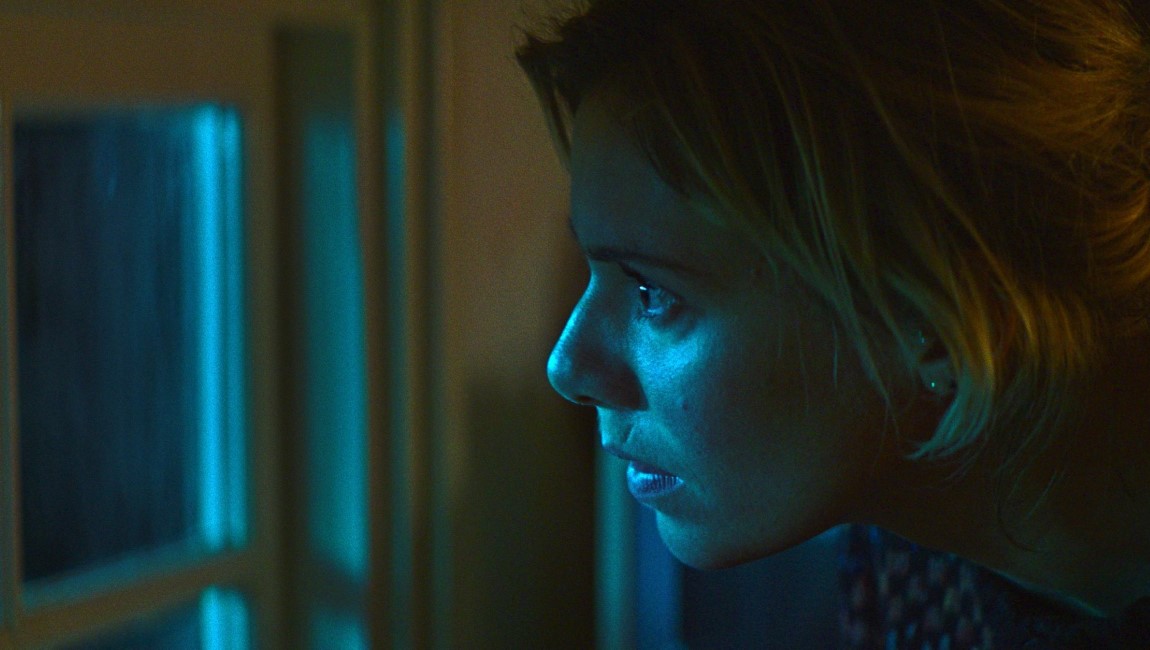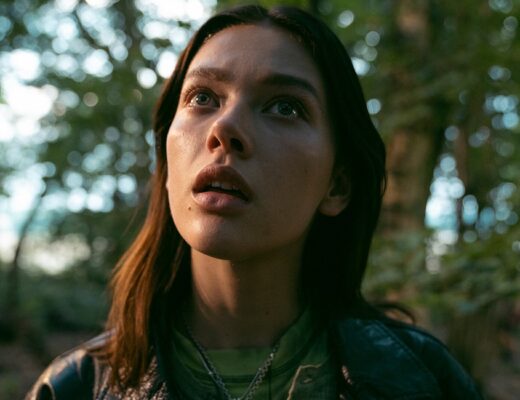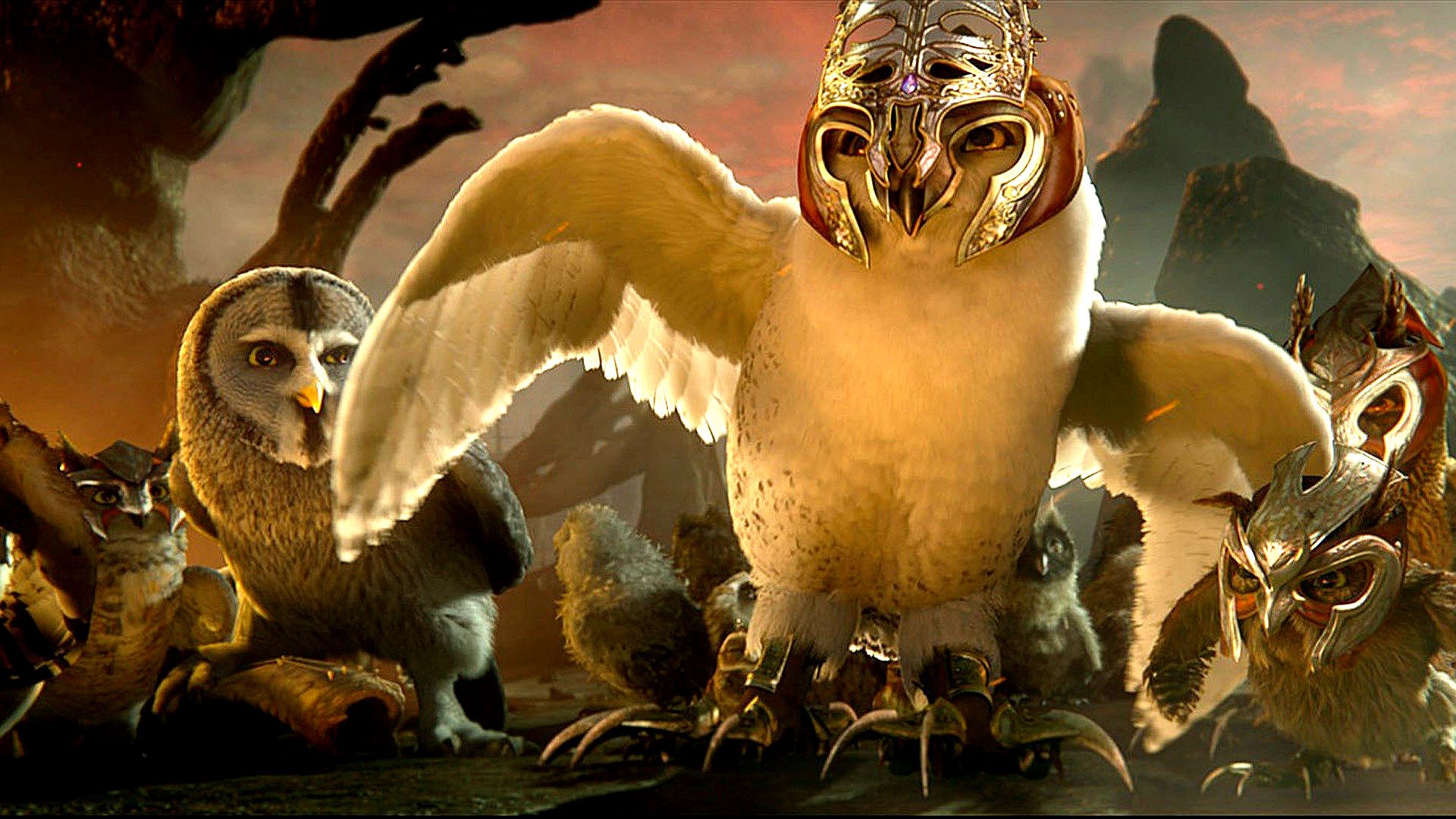Though its thematic threads begin to fray, Moloch remains a tantalizing evocation in primal fear that explores the allure behind myth and symbol.
Idolatry has remained a staple of cinematic horror past and present, and Nico van den Brink’s directorial debut has duly reflected both its strengths and limitations. Moloch, set in the remote Dutch countryside, delves ambitiously into a curious retooling of mythology and personal history that, on the whole, generates an atmosphere of eerie, enticing suspense. With many folkloric pastiches of late disintegrating into subpar parody or, worse, tiresome cliché, van den Brink’s film — in contrast — offers a staid exercise in genre filmmaking despite several patchy movements. A bog, a dig, and an implied curse form the shaky ground on which young widow Betriek (Sallie Harmsen) and her family find themselves; thirty years before the present day, Betriek’s grandmother was brutally murdered in the very same house they now occupy, and the traumatic memory of that night has, over the years, unconsciously riddled her with anxious insecurity. With an aging, ailing mother and an estranged, alcoholic father in tow, alongside her young daughter, Betriek’s past comes under renewed light when a group of archaeologists set up camp nearby and proceed to excavate the body of an ancient woman from the bog.
The dense fog surrounding Betriek’s hamlet parallels Moloch’s obscurantist visions, and while its denouement leans toward a rather conclusive interpretation of occult lore, the film does not necessarily suffer from its otherwise oblique twists and turns. In fact, the titular icon (a goat-headed figure of Judeo-Christian origin) serves the curious function of floating signifier by virtue of being relegated to a secondary position in the film’s narrativization of local pagan legend. As Betriek crosses paths with Jonas (Alexandre Willaume), one of the archaeologists, his quiet haughtiness both seduces and spurs her into action, launching her into an investigation of the mysterious deaths and disturbances afflicting the long-troubled region. Throughout Moloch, unnerving instantiations of the paranormal surface, each unraveling in unexpected directions: first, another local is found in the bog, paralyzed to death after vaguely sighting a goat-headed figure; then, those in the vicinity appear to succumb to some sort of possessive trance; Betriek herself begins to experience visions upon contact with one of them.
Naturally, a sizeable number of these references retain their ambiguity due in part to a cultural specificity that may elude the non-Dutch viewer; though lost in translation, few detract from van den Brink’s tantalizing evocation of primal fear, crystalized best in the gothic back-profile image of Betriek’s house facing the expanse — an image of palpable agoraphobia. The legend of Feike, a likely pseudo-myth of revenge and destiny, is accorded significant detail, and its real-life consequences are, in one key sequence, skillfully paralleled with a stage play Betriek’s daughter performs at school. As the characters approach their inevitable confrontations with the elusive lord of child sacrifice, however, Moloch’s stylistic threads begin to unspool at their thematic ends, lacking the corresponding conviction in articulating ideas about intergenerational trauma and legacy violence foreshadowed from the get-go. At its best, the film makes few pretenses about its place in the wider canon, refusing the self-aware smugness many genre directors feel compelled to adopt. Though a notch below, say, Ari Aster’s Hereditary in terms of the weirdly grotesque, van den Brink compensates through an earnest if sometimes vague exploration of the allure behind myth and symbol, something which can’t quite be said about the former.
You can currently stream Nico van den Brink’s Moloch on Shudder.







